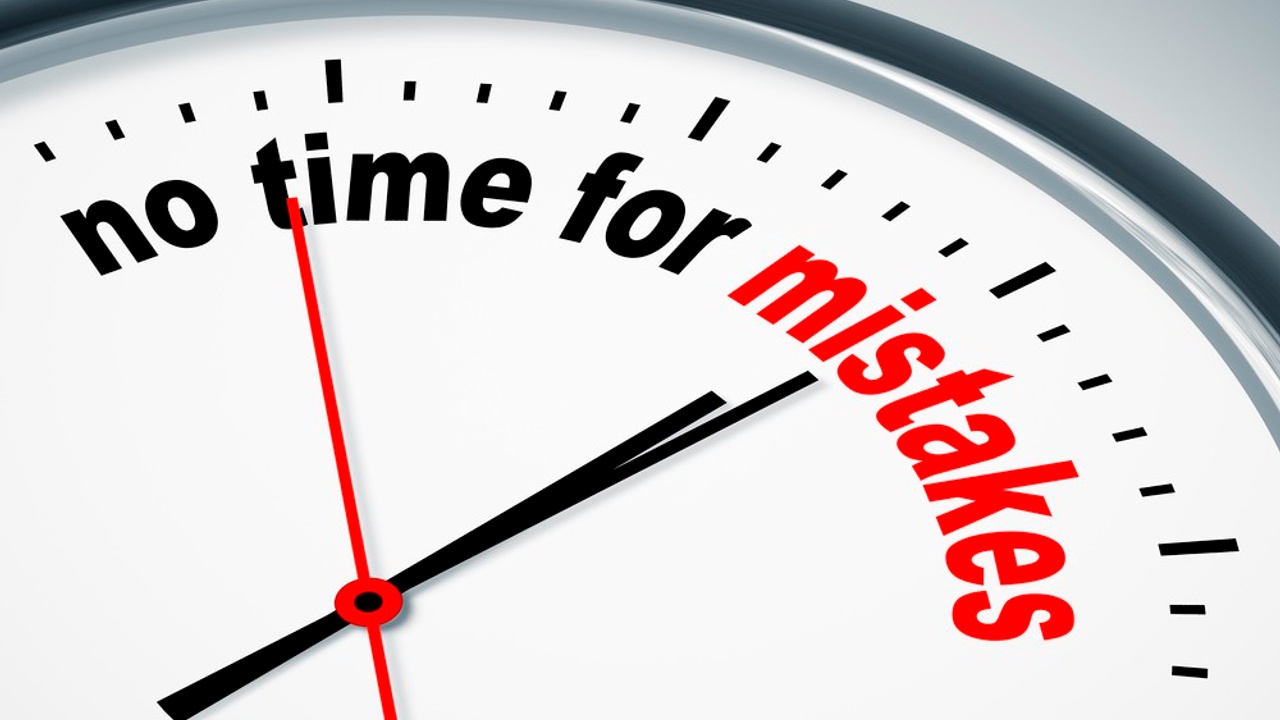The Number 1 Mistake Organizations Make With New Employees and 3 Actions to Fix this Today

Have you ever started a new job with a new company and for the first couple of months you just wandered around trying to learn by osmosis?
Most organizations hire new employees or promote current employees and put them in the workforce without any real training on the company way or new role expectations and hope they figure it out. Some self-motivated and very independent people will, but will they figure out their way or the company way. Odds are it will be their way and the company becomes haphazard from one employee to the next.
The number one mistake companies make is a lack of formal onboarding.
This causes confusion, distrust, frustration, and high-bounce rates within the first 3-months. Meaning the new employee leaves quickly or the promoted leader gets burned out quickly becomes disengaged in the leader role impacting turnover and team dissatisfaction.
The company blames the new employee, saying “they just weren’t committed, or they were lazy and didn’t want to learn.”
There are 3 things every company and hiring manager should implement today.
- Create a 4–12-week onboarding checklist/training plan for the new employee. We recommend 12-weeks for roles that require more extensive training and details, especially as it is related to safety and quality for the customer. This will guide the employee's learning and development to get off the runway quickly and become a productive employee.
- Train your best employees using the checklist to make sure you haven’t missed anything that would need to be trained. This gives current employees some understanding of what is expected and you can talk through what needs to be added if it isn’t on the checklist. When you implement this, you are creating standardization and mentors for new employees at the same time.
- Meet with the new employee on day one and share the learning plan with them. Let them know it is their responsibility to learn everything, but it is your responsibility to teach them. Break the plan into small one-week plans and meet at the end of each week to make sure the learning occurred. If not retrain the next week until it is understood.
People do not rise to the occasion; they fall to the level of their training.
Every new employee or promoted employee needs a robust onboarding plan to help them become a productive team member. Once you’ve done this, you will find your turnover drop and productivity rise.
Stay connected with news and updates!
Join our mailing list to receive the latest news and updates from our team.
We hate SPAM. We will never sell your information, for any reason.



